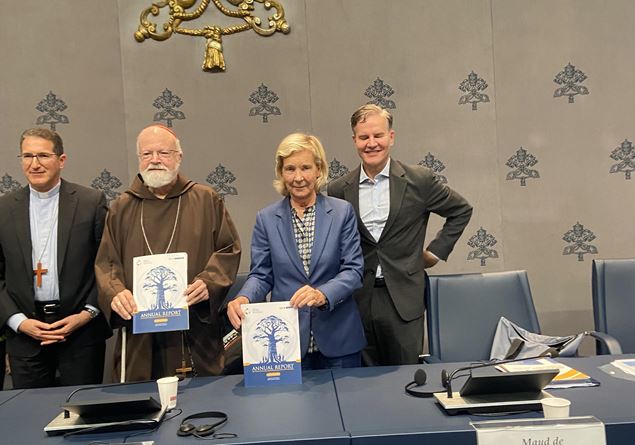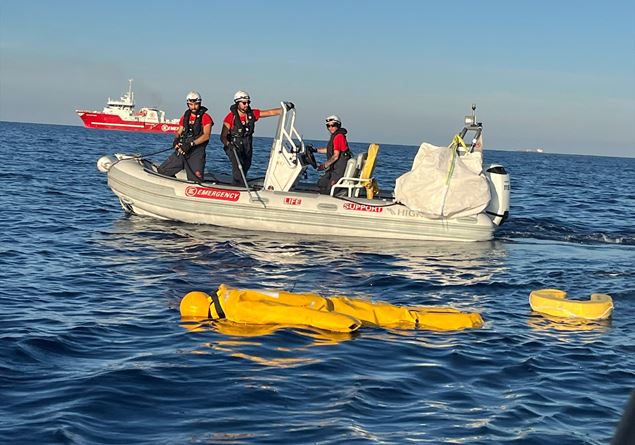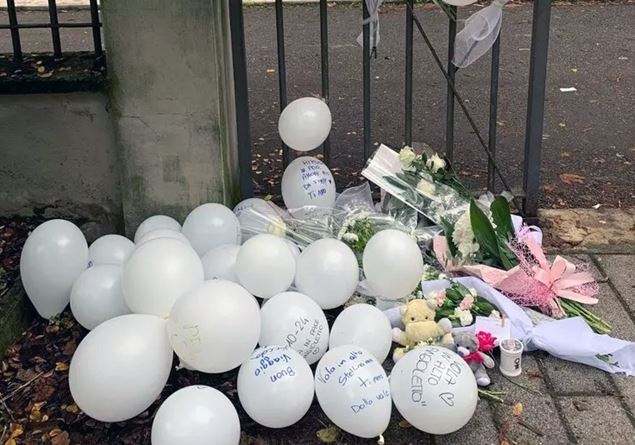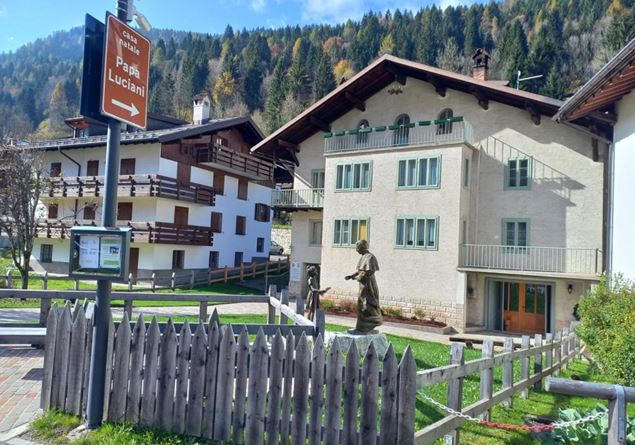
Those who continue to hide or cover up cases of abuse must face “disciplinary or administrative proceedings that provide an efficient path to resignation or removal from office.” The Annual Report on the policies and procedures of the Church for the protection, edited by the Pontifical Commission for the protection of Minors, points the finger at the silences of the past and hopes, given the “need for a unified and theological-pastoral vision” of the problem, a “document of the magisterium that unifies these perspectives, like an encyclical”. The Report, the first of its kind, is published at the explicit request of Pope Francis who asked the Commission to take stock every year of “what is happening and what needs to change so that the competent authorities can act”. The Pontiff, as the text also recalls, warns of the fact that, “if there were no progress, the faithful would continue to lose trust in their pastors, making the proclamation and testimony of the Gospel increasingly difficult”.
The Report reviews some episcopal conferences (among those that carried out the ad limina visit in 2023) and two religious congregations, the female one of the Consolata and the male one of the Spirito Santo. The objective is to bring into focus, piece by piece, the entire local Church. Although it has not been analyzed in detail, Italy, according to the Report, has made progress. “In nations that have experienced very complex crises or where there has been in-depth public dialogue on abuse, there is a clear tendency to establish more structured and responsive systems in addressing abuse within the Church,” reads the Report . «Local Churches belonging to this group including Ireland, France, Italy and Poland have developed legal and training frameworks as well as active engagement with victims/survivors and collaboration with civil authorities». In Italy, in particular, «the Church has established independent diocesan commissions also made up of lay experts to supervise and investigate allegations of abuse, promoting transparency and the exercise of institutional responsibility in the management of such cases. In Ireland, the Church has a service that provides theological pastoral support to any victim/survivor seeking to reconnect with their faith.” In Belgium, however, a country examined like Mexico, Papua New Guinea and the Solomon Islands and Cameroon, «the Church has focused on the creation of specialized pastoral care units, which offer support and protection to victims/survivors, improving the at the same time preventative education on protection within religious communities”. In Germany “the Church has introduced a complete and meticulous verification process for all those who work with minors, including clergy and lay people, so as to prevent those with a history of abuse from having access to vulnerable individuals”.
«In many parts of the world», declared Cardinal Sean Patrick O’Malley, president of the Pontifical Commission for the protection of minors, presenting the Report in the Vatican press room, «responsibility, care and concern for the victims begin to shed light on the darkness.” And although «there is still much to do», it must be admitted that «robust reporting systems exist that allow us to listen and respond to victims, with a trauma-informed approach. It is a time when risk management protocols and informed supervision promote safe environments. It is a period in which the Church provides professional victim support services, as a commitment to the journey towards healing. It is a time when all those who minister and work in the Church receive the education and training necessary to foster a culture of stewardship. It is a period in which the Church fully embraces its ministry of safeguarding.”
The Commission, now in its tenth year of activity, has now become a stable body, “formally a permanent institution of the Church, with the task of accompanying and assisting the ministry of protection carried out by the local Churches”, added the cardinal, explaining that , thanks to his work, three pillars of action have been identified: «The review of policies and the promotion of the voice of victims; strengthening human resources; the transparent and measurable representation of our efforts, through the Annual Report, to document progress, shortcomings and recommendations”. Three pillars to which another, fundamental one must be added, he concluded together with Maud de Boer-Buquicchio, editor of the Report and with Jaun Carlos Cruz, victim of sexual abuse by the clergy and among the members of the Pontifical Commission, which is of compensation. «Not necessarily monetary compensation, but still compensation. It is up to the victim to choose which one.” Because, Cruz explained, «it is important to be seen and to be able to undertake this path. Many are no longer with us because they took their own lives. I am a survivor and, as a member of the Commission, I have great hope. I see a new day ahead of us.”









